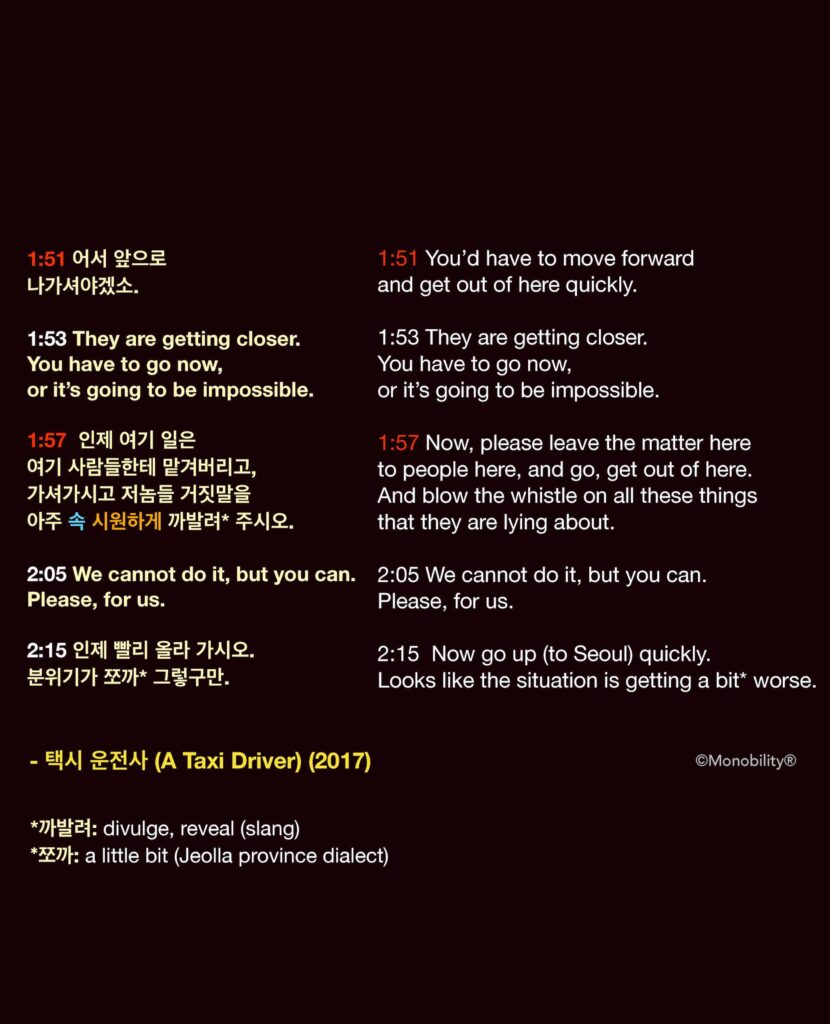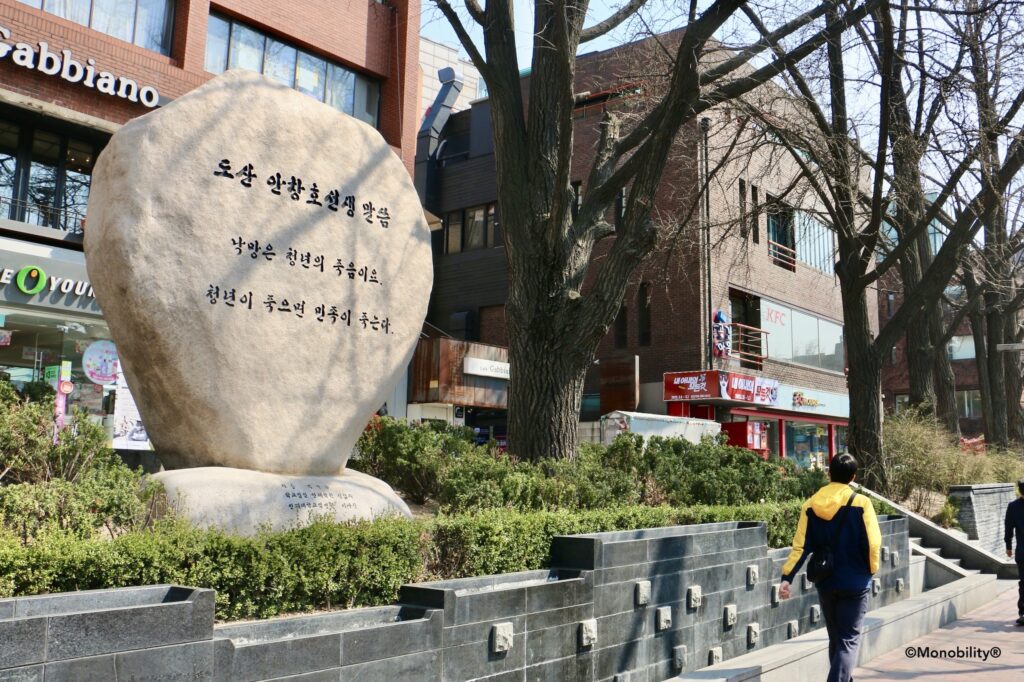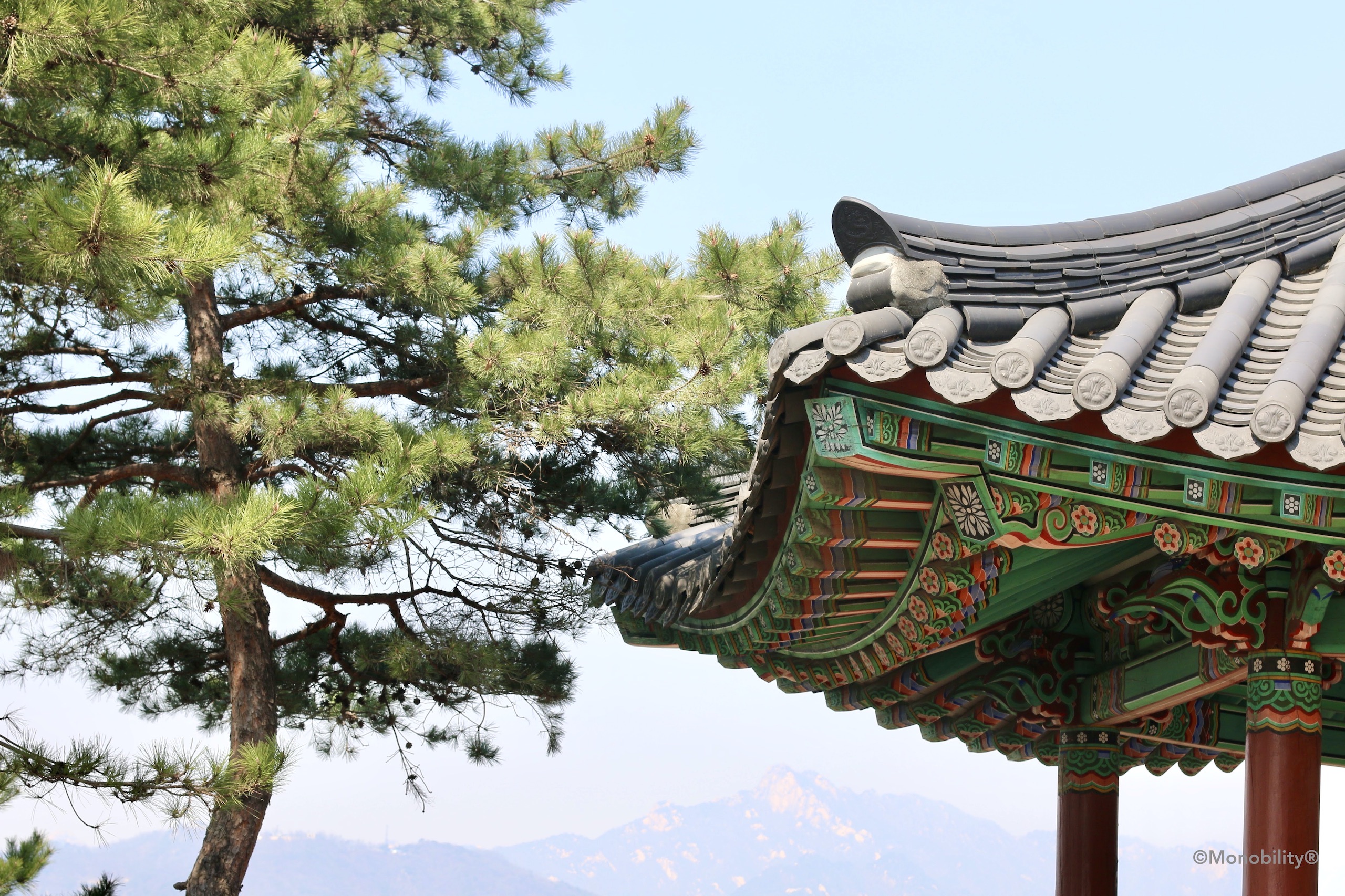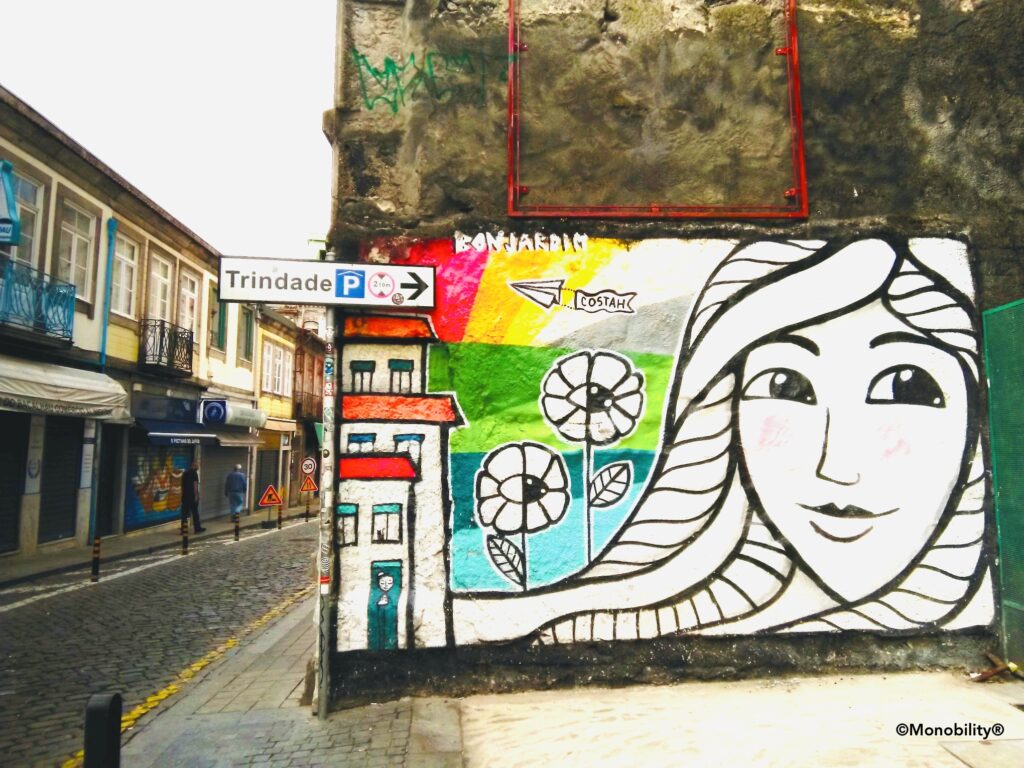In general, “속” means “inside” of anything, any object.
- 동굴 속에 들아가 보자 = Let’s get inside the cave.
- 상자 속에 아무 것도 없었어 = There was nothing inside the box.
But as a stand-alone noun, “속” often has a figurative meaning – “emotions or thoughts deep inside the heart (or the mind).” Koreans say “속” to describe inner thoughts or sentiments in everyday conversations. In this usage, “속” is a part of many idiomatic expressions as well:
- 넌 내 속도 모르고 그냥 돌아섰지 = You didn’t even know my deep feelings (for you), and just turned away.
- 아이, 속상해 = Yikes, it’s breaking my heart.
- 내 동생은 어린데도 참 속이 깊어요 = My brother is little, but he has such a deep mind (He shows maturity in thoughts and actions.)
- 나한테 화났어요? 화났으면 속 시원하게 다 말해요 = Are you mad at me? If you are angry, just spill it out (to let off steam!)
In the last example, “속 시원하게” literally means “to cool down my inside.” Koreans say this phrase to express the feeling of relief, a certain catharsis after venting, spilling out suppressed anger, letting off steam, divulging truth or lies, drinking cold beer, or even after eating spicy or hot (not cold) soup! You can hear the phrase in the context of “divulge truth,” “blow the whistle on” in a painful scene from a movie “택시운전사 (A Taxi Driver) (2017):”

The last century was one of the darkest times in human history, and Korea was not an exception. Aside from the Korean War (1950 – 1953), the most recent tragic event that many Koreans experienced and still remember as a collective trauma would be May 18 Gwangju Democratization Movement in 1980. Young university students and civilians demonstrating against a military coup d’état after two decades of dictatorship were fired upon and killed by the military troops in the city of 광주. The truths about the brutal suppression of the armed uprising by the citizens demanding democracy in the southwestern city, blockaded by the military, could only be revealed to the world by a few foreign journalists such as Jürgen Hinzpeter, who filmed the whole event by going in and out of the locked down city with a Korean taxi driver named 김사복.
Based on the true story of the two ordinary men caught in the extraordinary situation, the movie vividly depicts the pivotal event in Korean history that eventually transformed South Korea from military dictatorship to Liberal Democracy. As with other good K-Movies, their story makes you laugh and cry almost simultaneously, with shining performances by two veteran actors 송강호 and Thomas Kretschmann. It shows how we as ordinary individuals can choose to do the right thing even at not-so-great moments in life.
I know that some of you are experiencing similar painful events in your own country right now, even at this moment as I am writing this post. Never despair. Never give up on your individual freedom. In the end, everything will turn out to be all right, if you, as a young person, never despair.
낙망은 청년의 죽음이요, 청년이 죽으면 민족이 죽는다.
Despair is death of the youth; if the youth of a nation dies, the nation dies.
도산 안창호 (1878 – 1938)
Check out our Facebook for much more:



